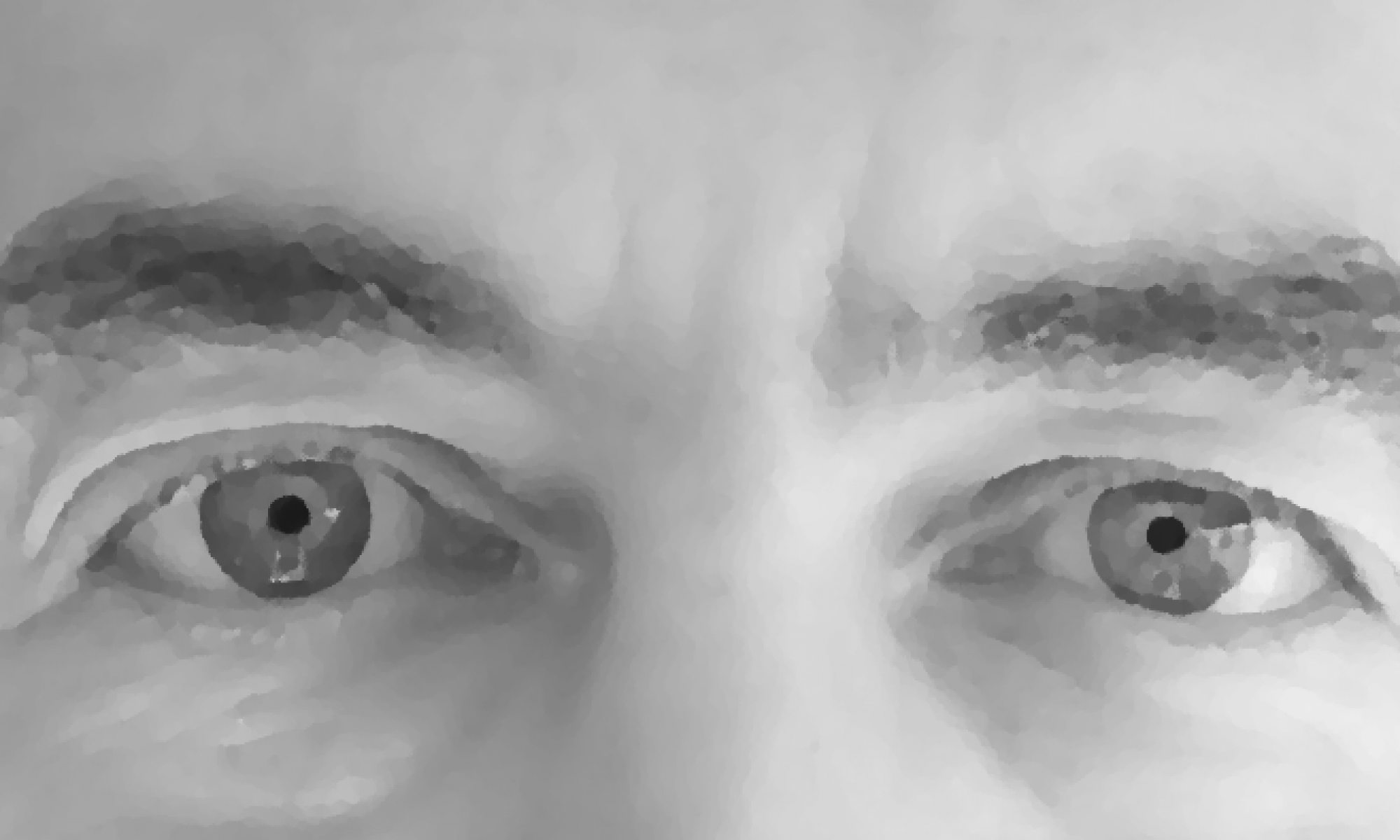We’ve written numerous times about Scott Turow during his time as head of the Author’s Guild, and the amazing thing to me is that despite the fact he’s been getting blistering criticism from a variety of people — including tons of authors — he never, ever seems to even acknowledge the points of his critics, but continues to just say the same debunked crap over and over again. Last week, for example, we did a point-by-point debunking of his error-laden, factually inaccurate and totally misleading op-ed in which he argued that pretty much everything on the internet was harming authors. I was gratified to see our debunking picked up widely — with many of the tweets in support of our response coming from authors (including a few best selling authors). It made me wonder what sort of organization Turow is running.
Best selling author Barry Eisler penned an interesting response to Turow on JA Konrath’s blog, in which he pointed out that Turow’s position has consistently been in favor of “Legacy Publishing,” (i.e., the big five publishers in NY) rather than authors. A similar reply from author David Gaughran pointed out that Turow seems to be so focused on propping up the legacy publishers that he directly called for an antitrust investigation into price-fixing by those publishers to be dropped, regardless of the facts of the case. Yes, even though such price fixing would harm authors, Turow immediately sided with the publishers. Incredible.
But, perhaps more telling is how the Authors Guild has now completely shut itself off from the outside world. Gaughrin also notes that right before Turow’s NYT op-ed, he had also published a silly blog post about Amazon buying Goodreads, and got torn apart in the comments for the post. But if you look at the Author’s Guild blog post about the NYT’s oped, you’ll see there are no comments and that “comments for this thread are now closed.” Eisler notes that it was not always this way. In fact, he had submitted a comment to the blog post, apparently with a link to my piece, saying:
“That Scott Turow refuses to respond to this demolition of his facts, his knowledge of the law, and even his baseline logic tells you all you need to know about his integrity. And about the true function of the “Authors Guild” of which he is president.”
Eisler received notification that his comment was “awaiting moderation,” but obviously that comment never ran, and instead, the Authors Guild shut down comments entirely. It appears that not only are they unwilling to respond to the large number of authors who are complaining about how ridiculous Turow’s position is, they also want to stick their hands over their eyes and ears to pretend it’s not even happening. That’s not leadership. That’s cowardice.
In the meantime, even the libraries are punching back. The American Library Association responded to Turow, “taking issue” with his op-ed and pointing out how Turow is wrong about libraries and about the law.
The failure to respond speaks volumes. And it says that the Authors Guild does not represent authors at all, but rather the legacy publishers, and a very small number of authors who succeeded under the old system. Turow’s actions have done massive damage to the perception and credibility of the Authors Guild. And the Guild’s decision to stop hearing from critics, especially authors, is quite telling about how it views the world. It’s amazing any modern author thinks it’s worthwhile to be a member of such an organization.
Permalink | Comments | Email This Story




![]()
